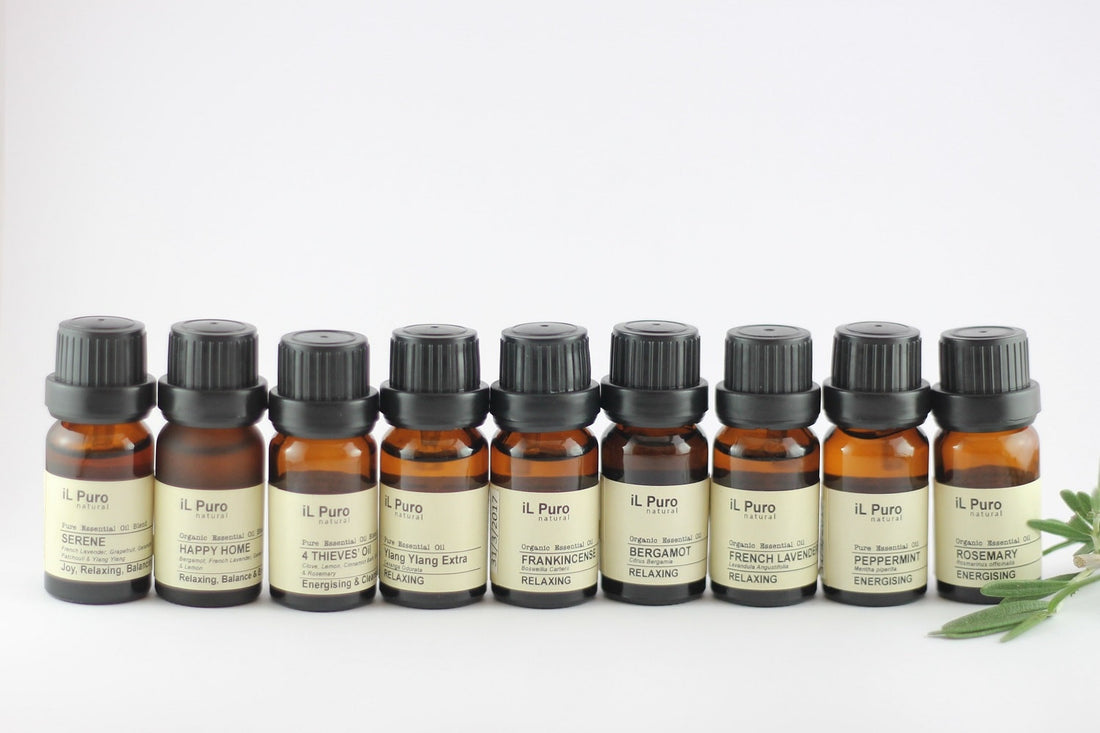
Oral Application of Essential Oil
Ingesting essential oil is a topic at the center of one aromatherapy’s culture wars. Despite conventional assumption, topical application of essential oils can be very highly effective, as they penetrate lipophilic (fatty) skin tissue effectively and even enter bloodstream via this route. They will be metabolized eventually once they reach the liver.
Ingested essential oils, on the other hand, reach the liver very quickly where they are metabolized and eliminated. It is advantageous to ingest an essential oil only if the metabolic intermediates produced during elimination create desired therapeutic effect and safety parameter are favourable.
How to ingest
For those who do ingest essential oils, the actual mechanics or technique of ingestion is very much an individual matter. Many people prefer to simply slurp or lick the essential oil off a teaspoon. This is, however, only of limited efficacy. A drop of essential oil ingested in this manner will be absorbed mostly into the mucous membrance of the mouth and throat and maybe the esophagus, potentially delaying its absorption into the liver.
A most effective method is to put a drop of oil in a glass of water. Quite a number of oils will form a very fine film on top of the water. Vigorous stirring will not really dissolve the drop but will disperse it sufficiently so that drinking the glass of water will take the oil into the stomach and ideally into the small intestine.
Another method is to disperse a drop of oil in a teaspoon of honey. The honey can then be dissolve in water or eaten as is; this will also transport the oil to the small intestine.
The French aromatherapy literature contains many references to using oils orally. The suggested procedure is to put the essential oils into a gel capsule that is stomach acid resistant. Use a gel cap typically requires that the essential oil first be dissolved in a carrier oil and then the capsule is filled with the appropriate amount of the mixture. Clearly many casual users will be discourage by this suggestion.
Essential oil suited for casual ingestion in a glass of water
Dosage: Generally 1 drop is always enough when ingesting essential oils. However, sometimes inadvertently more than 1 drop of essential oils will come out of the bottle. Such slightly doses are normally well tolerated and there is no need to prepare a fresh glass.
Anise Seed : 1-3 drops on a sugar cube or in a glass of water stabilize heartbeat and breathing
Bay Laurel: 1 drop; stimulant, anti infectious
Cardamon: 1-3 drops will help digestion but also ease emotional upset
Carrot Seed: 1-3 drops can be taken sporadically or as part of a program of liver regeneration
Celery seed: can be taken once or twice, 3 days in a row, to drain toxidity from the kidneys
German Chamomile: can be taken in almost any amount to calm the stomach and help COPD (chronic obstructive pulmonary disease)
Cinnamon Bark: 1 drop on a sugar cube, once every 2 hours, for acute topical infection
Coriander Seed : carminative and tonic
Cypress: nervous cough
Dill: childhood colic, indigestion
Helichrysum: 1 drop will restart liver activity after”crise de fois’ (crisis of the liver)
Fennel: 1-3 drops, analgesic, sedates reflexes
Frankincense: immune deficiency and depression
Greenland Moss: 1-3 drops for liver regeneration
Hops: 1 drop is a powerful sedative
Ginger: digestive tonic
Goldenrod: 1-3 drops for nervousness, AND imbalance
Juniper: 1-3 drops for pain relief, neuralgia
Lavender: ease the cravings accompanying low blood sugar
Lemon:1-3 drops induces detoxification, cleansing
Marjoram: 1-3 drops slightly tranquilizing
Mastick: 1 drop, lymph and prostate decongestant
Melissa: 1-3 drops ; deepen sleep
Myrrh: pain and inflammation, relief for gum
Oregano: 1 drop for acute tonsillitis; careful -this oil burns and need to be absorbed on a charcoal pill or something similar that will release it slowly
Peppermint: 1-3 drops; nausea; absolutely not suited for children under 5
Ravintsara: 1-3 drops; nerve tonic; depression
Rock Rose: 1-3 drops; internal bleeding
Rosemary Verbenone: Digestive
Sage petit feuilles: regenerating; nurturing
St John’s wort: 1-3 drops, slightly euphoric
Tea Tree: 1-3 drops; cystitis
Thyme Thujanol: 1-3 drops, anti infectious, stimulant, but not overly so
Vitex: PMS, menopause


7 comments
axzXZvFl
yCwZRNBHDq